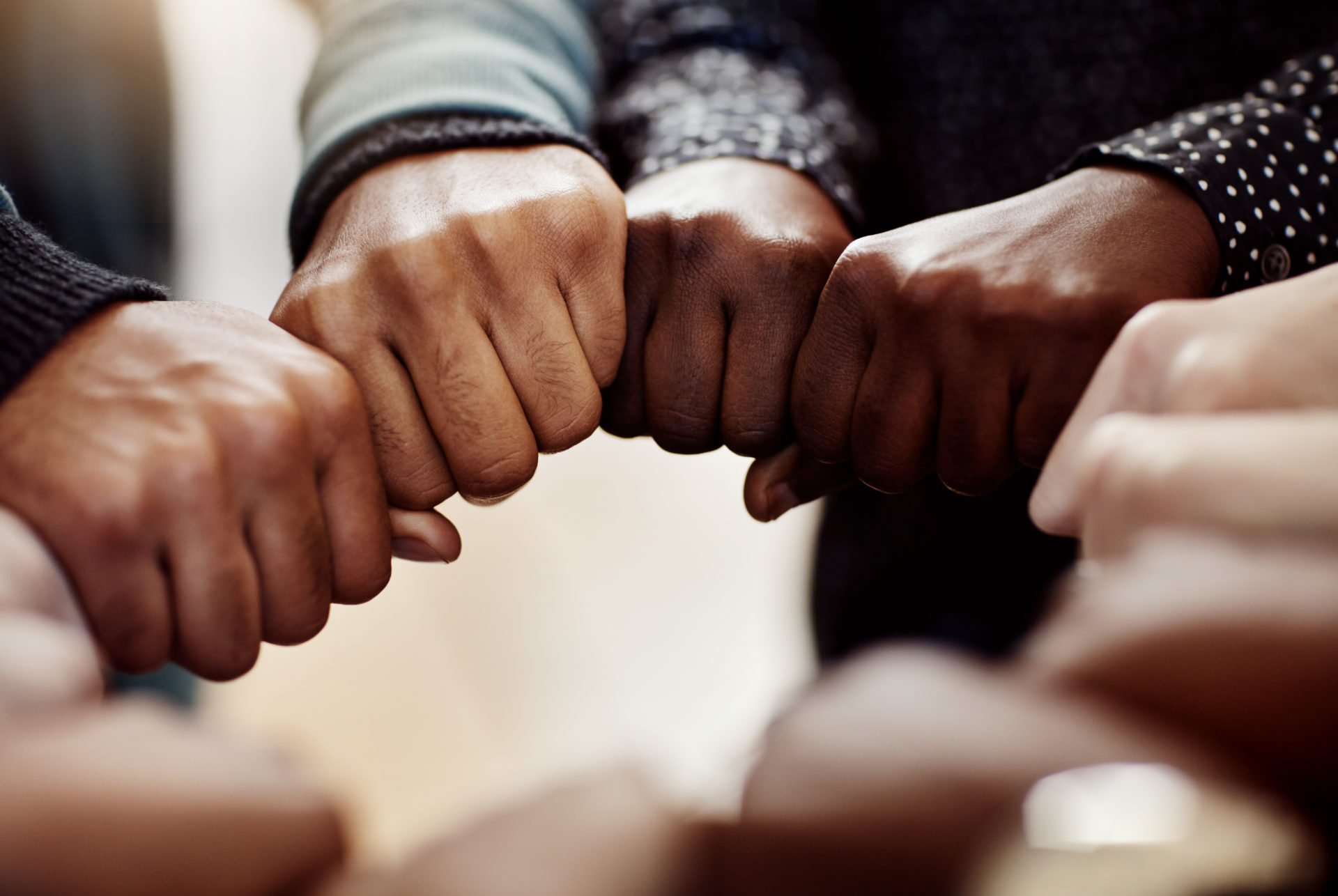LGBTQ youth, particularly those of color, are significantly overrepresented in the juvenile justice system, where they routinely experience unconscionable mistreatment, harassment and discrimination. NCLR is at the forefront of a national movement to raise awareness of the unique harms suffered by justice-involved LGBTQ youth, increase professional competence, and develop policies that divert LGBTQ youth from the system and support their health and well-being in their communities.

Juvenile Justice
Advocacy
Legislation & Policy
The Whole Youth Model
Nationwide
NCLR partners with Ceres Policy Research on the “Whole Youth Model,” an approach to serving youth in the justice system that prioritizes health and well-being over punishment and surveillance. Project staff provide training and technical assistance to participating jurisdictions, emphasizing the importance of collecting and analyzing data on the sexual orientation, gender identity, gender expression and race/ethnicity of each youth, among other aspects of their identity. The model is based on the premise that public safety is furthered by authentic conversations with young people and individualized responses tailored to their unique strengths and needs.
Resources
Press Release
Federal Court Blocks Kentucky’s Unconstitutional Bans on Necessary Medical Care for Trans Youth
Wednesday, June 28, 2023. Today, the United States District Court for the Western District of Kentucky granted the ACLU of Kentucky, National Center for Lesbian Rights (NCLR), and Morgan, Lewis & Bockius LLP’s motion for a preliminary injunction blocking Section 4 of Senate Bill 150, the provision of an anti-trans omnibus law in Kentucky that bans necessary medical care for transgender youth. The medical portions of the law which was passed following the Kentucky Legislature’s vote to override the governor’s veto, were slated to go into effect on June 29, 2023.
Publications
Supporting LGBTQI Youth in the Prison Abolition Movement
This report synthesizes findings from three sets of sources with recommendations and guidance to support this population of young people. Given the disproportionately negative outcomes experienced by LGBTQI youth in the prison system, this report makes the case for approaching the academic literature with an understanding of intersectionality, in order to support LGBTQI young people involved in a broad range of social movements. This report also serves to highlight ways in which these young people are well poised to become powerful change agents in the movement to end the failed youth prison model.
